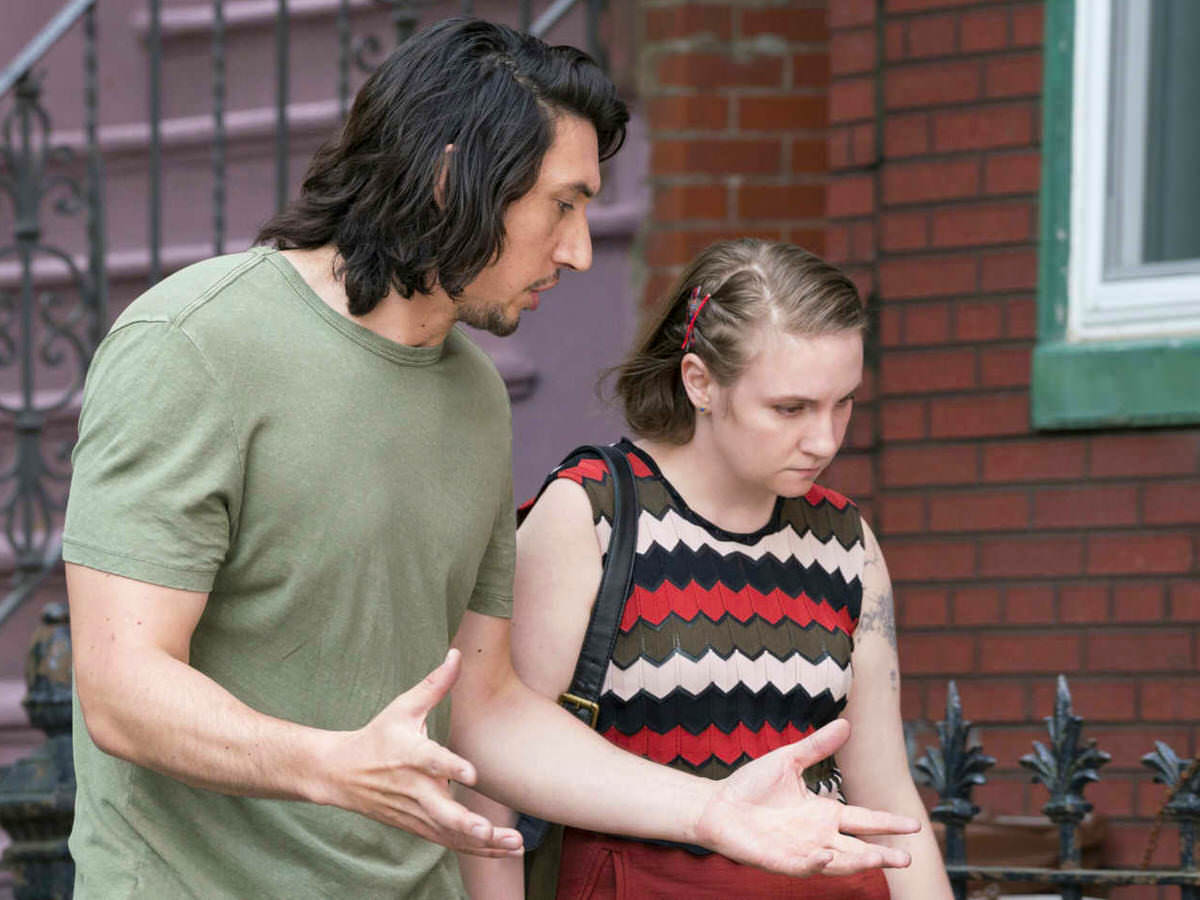The Atalanta couples psychologists in Madrid clarify the doubts that people who are considering going to couples therapy for the first time usually have.
The couple’s life, as happens to people, goes through different phases, it has a “life of its own.” And throughout this life, many things can happen – and do happen –.
Most of the time the couple adapts and resolves in some way the changes or difficulties that appear; work situations, the relationship with families of origin, having children, their emancipation, grief, and many others.
Other times, the couple cannot find a way to be well. Communication problems appear, and arguments can become frequent or violent. Or opening a great distance within the couple.
In these cases, couples therapy is an external tool that can greatly help.
What does couples therapy consist of?
The psychologist specializing in couples therapy meets in regular sessions with the members of the couple. The sessions are always joint.
Therapy is for the couple as a whole.
In individual therapy, the patient is the one who comes with a personal demand. In the case of couples therapy, the patient is the entire couple, which is why the sessions are held with both members.
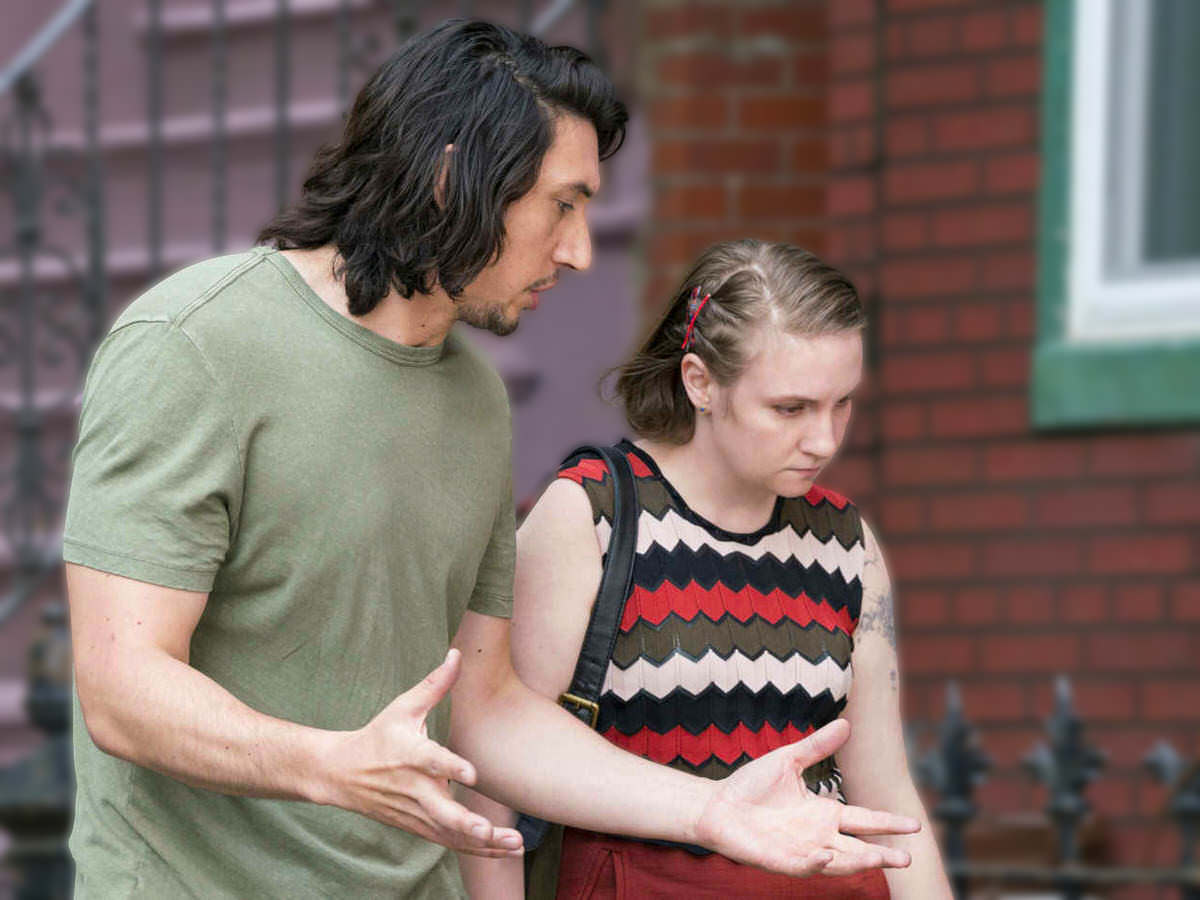
It is the couple themselves who need to know and expand the information they have available. It is of no use to the therapist to know each person’s vision separately, partially, or to know secrets hidden from their partner. In this way, both parties will be able to speak and give their point of view, be heard, and hear what the other person has to say.
If one member of the couple needs their own space in therapy
One member of the couple may want to have their own space in therapy. She may need to work out personal things outside of joint therapy. Individual therapy with another psychologist is appropriate in these cases. Both processes must go on independent paths.
Neutrality of the therapist towards both members of the couple
The psychologist maintains a position of neutrality and curiosity to facilitate the couple’s self-discovery. There will be no alliances with one person or another. His therapeutic work will be focused on ensuring the couple and their well-being.
The members of the couple must feel free in therapy
Both members of the couple must want to be in therapy. Let them feel free to say and remain silent whatever they want.
The first therapy session
The first session will be the opportunity for the psychologist to learn about each person’s particular situation: what their life is like if they have had previous partners, children, etc.

After that beginning, you will tell what brought you to couples therapy. Knowing your situation, the psychologist will propose a specific framework for you. If you both agree, the following sessions are scheduled.
What is couples therapy for?
Couples therapy is a resource that helps you find your way to be well within the relationship. Each couple will have their process. It will develop according to your history, current situation, needs, dreams, or wounds.
During the therapy process, the psychologist does not have a preconceived idea of what should happen, or what the couple should be like. She is not committed to a particular solution. The therapist must allow the couple themselves to organize themselves according to their uniqueness.
Therapy not only serves to solve the problem you are currently facing. It serves to repair and rebuild the couple’s project.
Sometimes, the couple may have decided to break up or decide to do so in the course of therapy. In this case, therapy makes it easier to go through that process. In this way, it will be a free and conscious decision by both parties. Thus, you will be able to understand and learn from what has happened.
When to go to couples therapy
Going to couples therapy is appropriate when certain conditions exist. The intervention is not always necessary. Sometimes it is indicated to do individual therapy. We’ll tell you when it’s time to go to one or the other.

Therapy deals with suffering, and we must initially distinguish between two types. An individual that the person suffers by himself, due to his life history, personality, or situation in which he finds himself. And another suffering that appears as long as it is part of a group (belongs to a system) such as the couple, or the family.
When couples therapy is appropriate
Sometimes, each member may be fine personally but the couple may be going through some crisis. Over time, one or both parties begin to feel discomfort within the relationship. When they can’t find a way to get through that crisis, it’s a good time to go to couples therapy.
Occasions when it is better to do individual therapy and not couples therapy
At other times, each member of the relationship may not be well personally and yet be well as a couple; That is when it is appropriate to do individual therapy and not couples.
For example, when one of them is going through work difficulties and suddenly a family member of the other falls ill. In this critical situation, the couple can devote themselves to caring for each other and feel their solidarity and strength more than ever.
As in this case, when the discomfort is unrelated to the couple, it is advisable to go to individual therapy.
One exception: individual couples therapy
But there are times when one of the members of the couple is going through personal difficulties and those same difficulties make it very difficult for them to go to individual therapy.

Sometimes it is due to traumatic situations experienced in the past, such as abuse of any kind. Therefore, it may be that the person does not feel strong, or only trusts those close to him. Coming with your partner can allow you to begin a therapy process in which the other person will also be present to support you.
Ultimately, couples therapy is appropriate when the relationship itself is not going well. Also when at least one of the parties wants a change from the other to achieve balance.
Phases of the couple and their possible crises
Once we know that the appropriate intervention is couples therapy, we can take more factors into account. Relationship crises can be due, fundamentally, to two main causes: internal or external to the couple.
Let’s look at some possibilities below, within each life stage of the couple.
From courtship to couple
At first, it is common for the relationship to be immersed in passion, enthusiasm, and enthusiasm for the other person. In this period, both people get to know each other more deeply. Over time, they will make more medium or long-term plans, they will decide whether to live together, and they will meet their families and circle. Little by little they form their universe as a couple, with their intimacy, their rules, and the things they like to share. A certain border is created between the interior of the couple and their context.
During this period, internal difficulties may appear in several areas; when to start living together, dynamics in coexistence, or each other’s space. There may also be difficulties with the “exterior” of the couple; in the relationship with families of origin, and with friends.
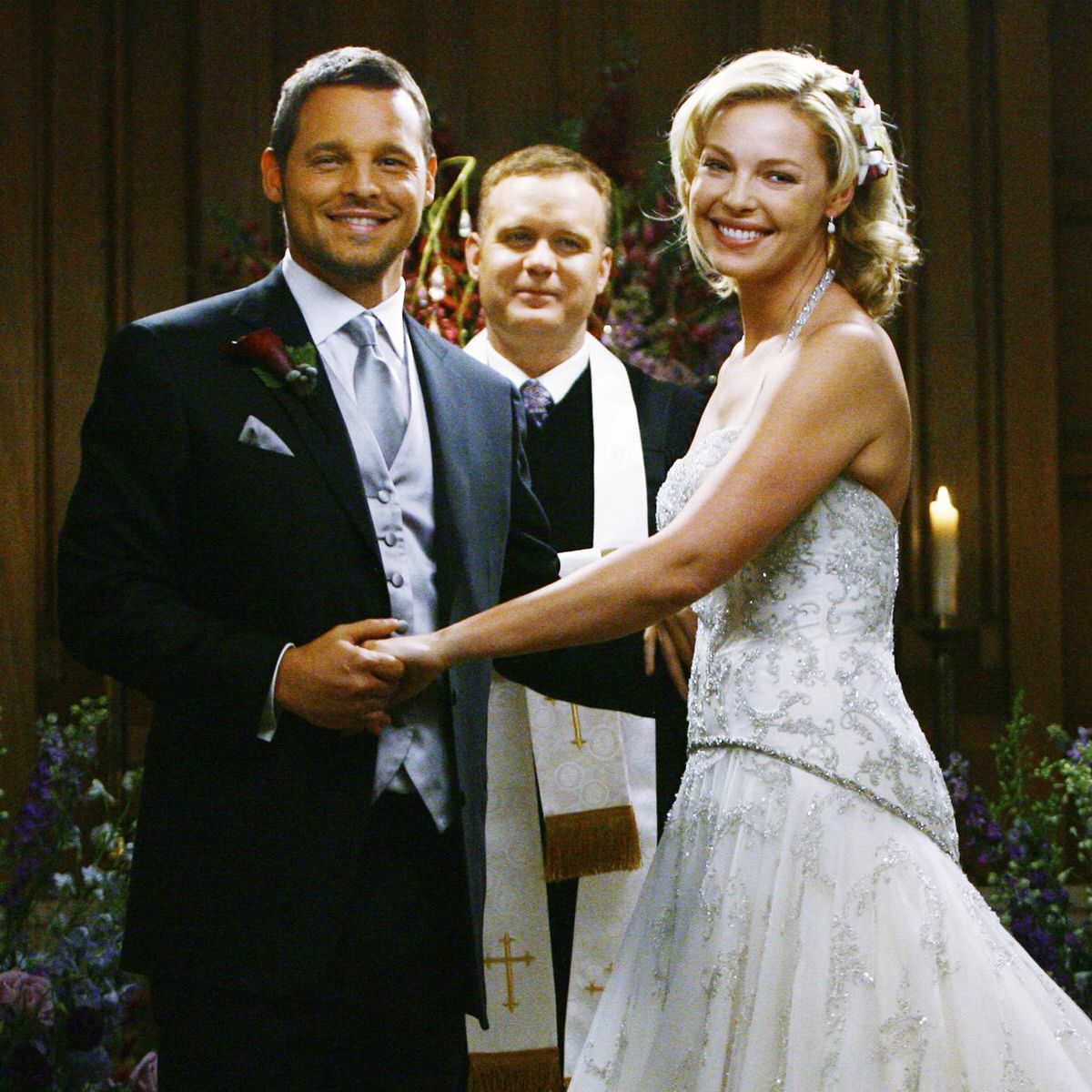
One or both members may not be well received in the other person’s family, or have a bad relationship with the group of friends or a particular relationship. In the case of reconstituted couples, there may be difficulties with children or ex-partners.
The couple under construction
The members of the couple know each other in-depth, and the relationship is stable. The couple has recognition of their environment and can decide to formalize it. They begin to project long-term plans regarding their way of life; where they want to settle, if they want to have children, and what their joint project is like.
During this period, tensions regarding commitment and disagreements about the couple’s project may appear. Externally, they may not have the recognition of their environment or of some significant people, which can have an impact on problems or insecurities within the couple.
The consolidated couple
The couple is living the joint project and has adapted to different changes. If they have had children, they experience their upbringing and the passage through adolescence, where the couple has been relegated to the background in favor of the family. At this stage, each member can develop more particular interests, there is not as much need to be together as before.
Difficulties may arise due to a lack of intimacy and/or sexual desire, raising children, and relating to them. Insecurities may arise due to possible distancing or routine. Externally to the couple, there may be tensions due to interference from families of origin, or third parties.
The mature couple
With time, if children have been had, they become independent and the couple returns to live on their own. Once again, you have to adapt to these and other changes, such as retirement or expanding your family: daughters-in-law, sons-in-law, grandsons, and granddaughters.
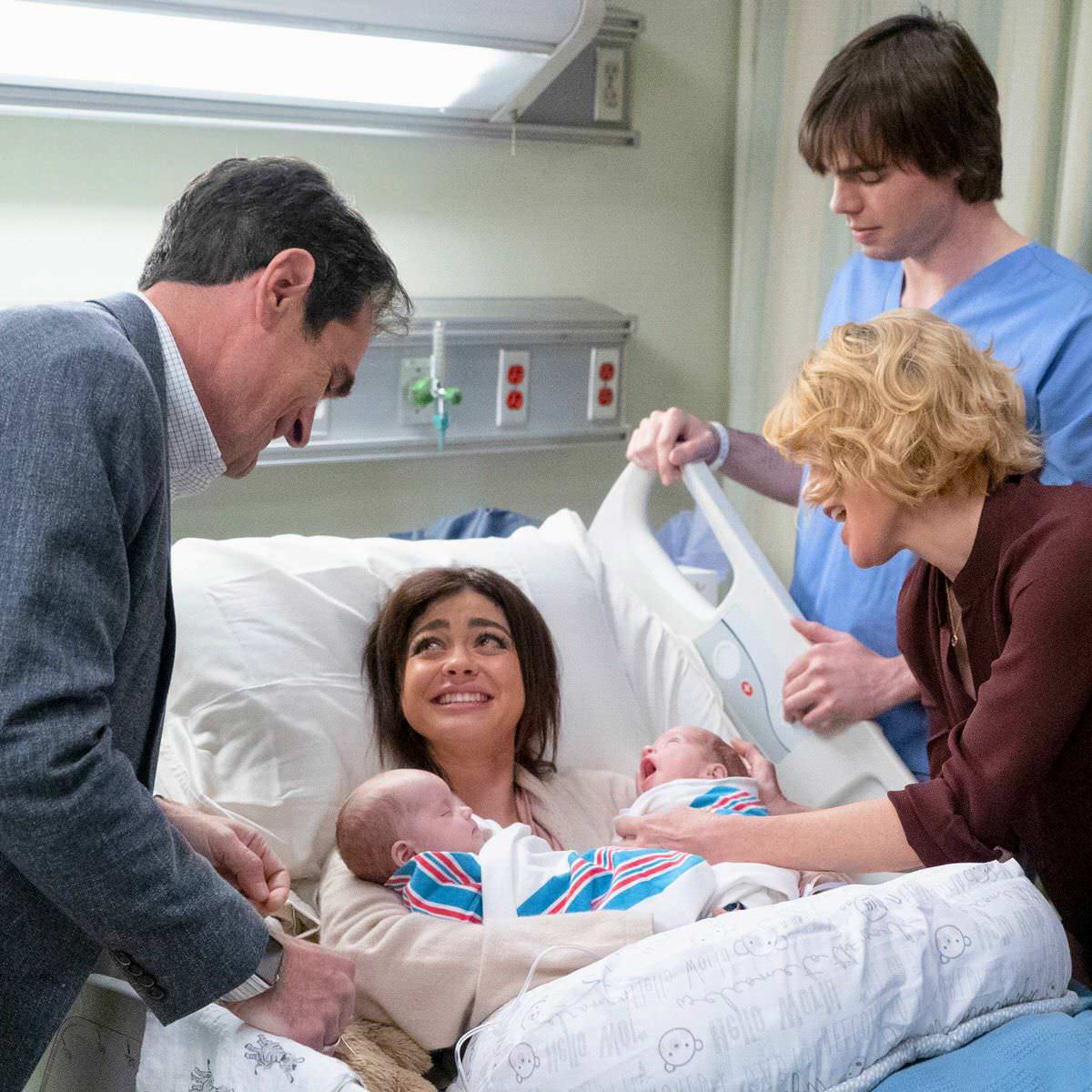
At this stage, difficulties may arise due to the so-called ” empty nest ” and the departure of children. Retirement can alter each person’s role in the relationship and poses a new way of organizing and new plans for the couple.
These are some possibilities according to each stage, which may occur, however, at some times or others. In addition, many situations can affect the couple throughout their lives (illnesses, deaths, financial problems).
Beyond this conventional model, we must take into account the existence of other relationship models (both in heterosexual people and in all sexual and gender diversity) and other current situations; relationships that begin online or long-distance relationships, among others.
Infidelity
Infidelity is a common cause that brings couples to therapy. This is an especially painful situation because it points to the very heart of every couple: trust.
In these situations, it is normal for one party to feel hurt and disappointed, and the other party to feel guilty or responsible.
The idea of going to therapy surely came from one of the parties, and there may be many reservations about going to a psychologist. It is normal to be afraid of starting a joint therapy process; this indicates the importance that the couple has for those who make it up.
Once in couples therapy, members may need to let off steam. The psychologist will maintain a neutral and understanding stance. In no case will he act as a judge, or try to elucidate what is true or false.
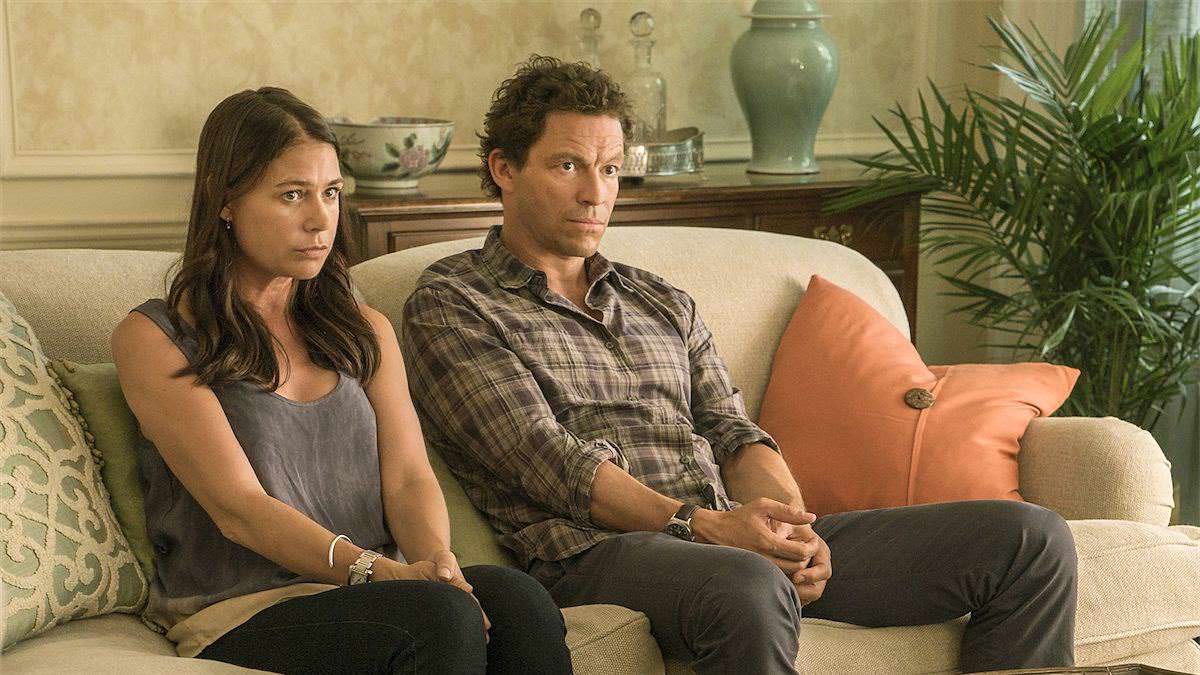
There may be a fear that therapy will help them end the relationship; that decision is exclusive to the couple, and the psychologist will not have a personal idea about what the couple “should do.”
The couple will have a path to follow with the psychologist, in which they will delve into the history of the relationship, its blind spots, and strengths. On that path, if it is your wish, you will be able to rescue your partner’s meaning and rewrite your story.
Frequent discussions
Often, couples come to therapy because fighting has become habitual or daily. Each of the couple believes they are right and feels misunderstood by the other person.
By the time they come to couples therapy, the time has usually passed since the beginning of these discussions, which may have caused distancing, boredom, or even disappointment.
The couple has usually tried to resolve this situation on their own, without finding an effective way. Couples therapy can be an alternative that they had not thought about before, but that proves valid once other avenues have been exhausted.
Once in therapy, each member of the couple will have the space to express themselves. The psychologist will not take sides in the discussion, rather she will be interested like the discussions. In how they happen, since when, how they end, and how they start again. When dissecting the discussion cycle, new information often emerges: discussions are not linear, but circular.
Circularity in discussions
Let’s imagine a couple with difficulties in the relationship, where he contributes by isolating himself and she contributes with habitual criticism of her partner.
Each one will establish a linear causality to their problem
A person may think “If you didn’t criticize me so much, I wouldn’t withdraw like this.” The couple, in turn, “If you expressed yourself more, I wouldn’t mess with you.”
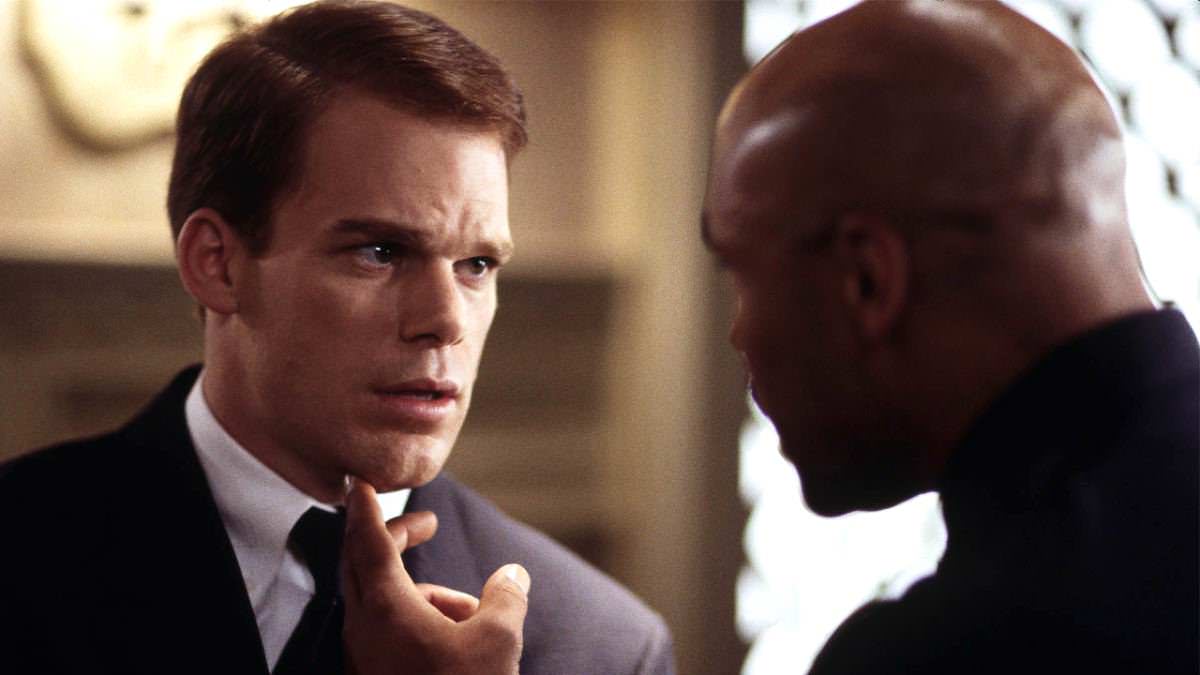
That is, each of them will establish the origin of their problem at different times during their interaction. In reality, each person’s behavior is a response to the behavior of the other, who in turn is irremediably influenced by his or her partner’s response. Each behavior is part of a circular sequence.
These vicious circles cannot be broken unless the couple places themselves outside the circle, that is, they can talk about how they communicate and not what they communicate.
During therapy, the couple will ask themselves questions about their relationship and the meaning that discussions can have in it. The origin and reason for the arguments are particular to each couple, with the help of therapy they will be able to discover their meaning and reorganize their relationship so that fights are not necessary.
Importance of the couple
The couple is a group of belonging, surely the smallest of groups. Other belonging groups are family, professional, and political activism groups… They all have something in common: they give us identity.
Identity is nothing other than our ability to feel we exist, to exist with our characteristics. For which we need others, we cannot recognize ourselves alone.
The couple, then, is a relationship with another person in which we feel we exist. Not only, but it also supplies us with other needs; security, affection, and intimacy.
The couple today
Our current way of life is at odds with creating collective ties. Belonging to groups becomes more difficult with the pace of work and an ideological context that favors autonomy and individualism.
This means, many times, that the couple is fundamentally our supporter of identity. The couple, thus, becomes of vital importance, but it also makes them vulnerable by sustaining, alone, such a need.
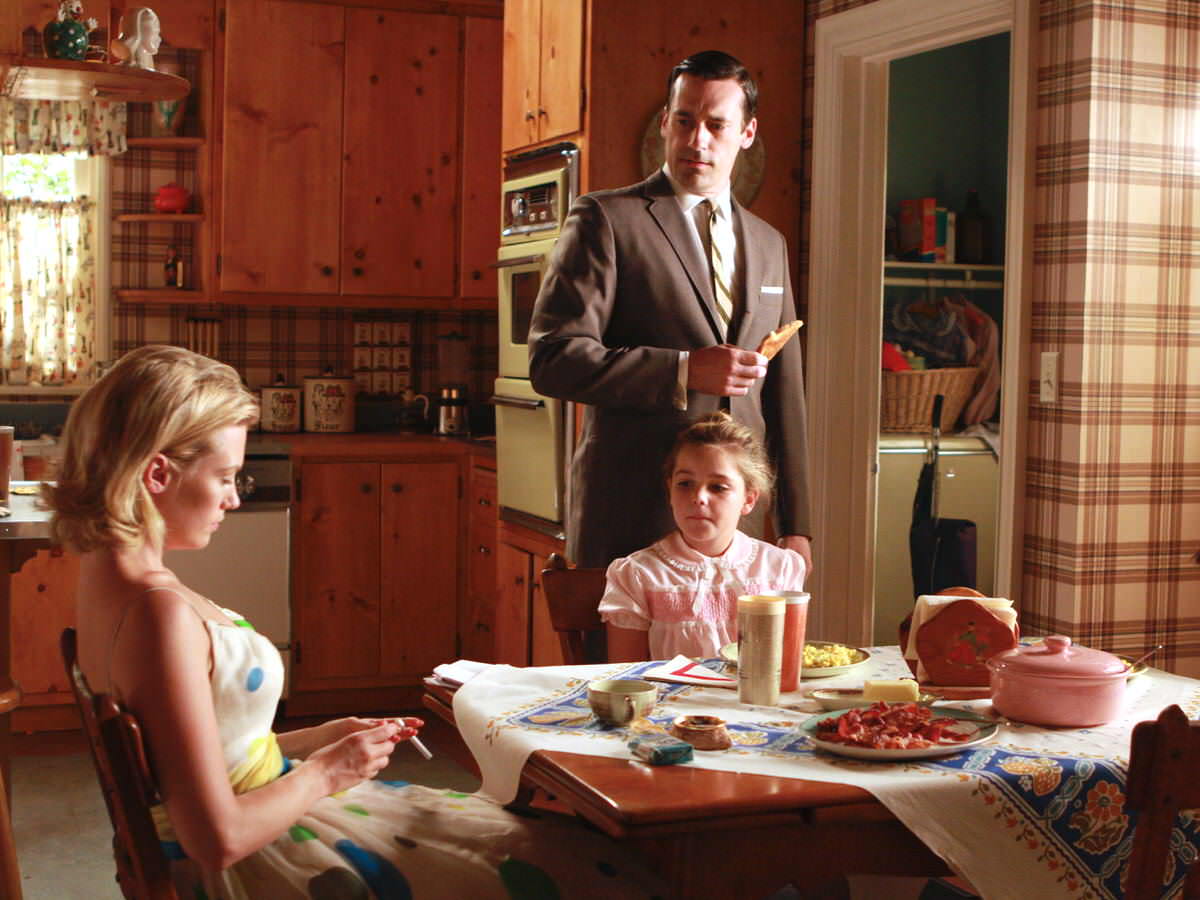
People need other people and groups or institutions to live, not only for practical reasons but emotionally and psychologically.
Autonomy is, from this vision, “the correct management of my dependencies.” The more meaningful relationships we have, the freer we are to move within those relationships. The couple, then, rests from the weight of supporting the people who make it up alone.
Couples therapy from a systemic-constructivist approach
In psychology, there are a variety of approaches. An approach or school is the framework through which the professional observes reality and approaches the patient. That is, the type of therapist school you choose influences the type of therapy you will receive.
Systemic perspective
Systemic psychology is concerned with the study of human systems. Human systems are, for example, the family, the couple, or the staff of a company. It is based on the “General Systems Theory”, which establishes principles for the description and interpretation of all types of systems.
The systemic represented an epistemological change in psychology. Their therapeutic applications were called “ contextual therapies” because they expanded the person’s observation framework to their context. It focuses on human dynamics, especially the interaction and communication between people who are part of a system.
Thus, systemic therapy will focus on understanding the system/couple in their way of relating and communicating, within their context, to promote other relationship dynamics that satisfy the couple.

Constructivist approach
Constructivist psychology considers the person as an active agent of their history and understanding of the world. Each person makes sense of their experiences by giving them meaning, which over time creates ” structures of meaning,” the subjective world of each person.
Each new experience will be interpreted and assimilated from this personal structure that gives it meaning. Therefore, the same situation experienced at the same time by two or more people will have different nuances for each of them and can be remembered in different ways.
Why we opt for a systemic-constructivist vision
In couples therapy from a systemic-constructivist approach, the therapist will take into account both levels (the relational and the subjective) of the couple. Furthermore, the therapist takes into account her own ” structure of meaning “, and her subjectivity as a therapist, so as not to interfere with the couple’s process.
LGTBI couples therapy
In a just society, there would be no need to talk about specific LGBT couple therapy. However, you need to know that the person who is going to assist you will do so with the sensitivity and respect that you deserve.
Couples therapy for LGTBIQ people is essentially the same as that for other types of couples. Precisely a good psychologist, a good psychologist, will take each couple in their uniqueness and specificity. It is essential not to take anything for granted, and for each couple to be able to explain their story and the reason that leads them to do therapy.
As we mentioned in the section “Phases of the couple and their possible crises “, the reason for the consultation can be due to two main causes: internal or external to the couple.
Causes internal to the couple
Among the internal difficulties – within the couple – we find:
- Recurring discussions.
- Communication problems.
- Sexual or intimacy difficulties.
- Differences over the joint project.
Causes external to the couple
The couple may also find themselves in difficulties due to external causes; problems with families of origin, and lack of social recognition. And some specific ones such as an oppressed group; rejection by their families or work environment, attacks from the social context. Difficulties in starting a family and then being seen as such and without criticism.
